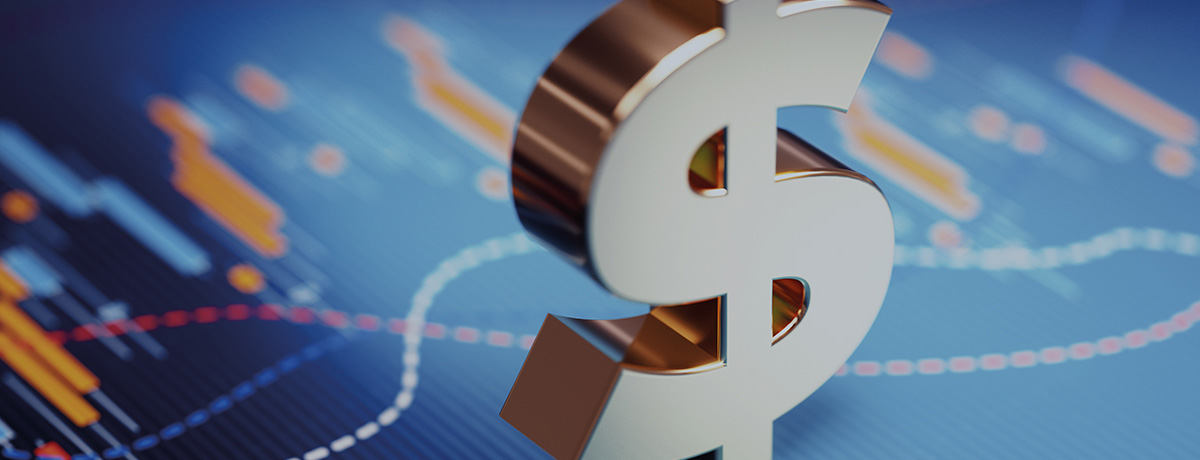President Joe Biden reacted on Friday to a disappointing April jobs report by saying the U.S. economy has a "long way to go" before recovering from its pandemic slump, and he urged Washington to do more to help the American people. U.S. job growth unexpectedly slowed last month, likely restrained by shortages of workers and raw materials. Nonfarm payrolls increased by only 266,000 jobs, well below the nearly 1 million jobs economists expected. Biden and his team have said his $1.9 trillion pandemic relief package is helping to bring the economy back from its pandemic plummet, and they are pushing for another $4 trillion in new investments. Stock indexes still climbed to record highs despite the news, as fewer investors feared the Federal Reserve would reduce its massive stimulus program anytime soon, and bet Biden's investment plans would succeed.
Investors back off view that Fed could raise rates in late 2022
U.S. investors who had been betting the Fed would raise rates as early as the end of next year abruptly retreated from those
positions on Friday after a disappointing April employment report and now see the earliest the Fed might tighten roughly two years
away. The push back in expectations for when the Fed might start raising rates also means any reduction in the pace of its bond
buying - which the Fed has said will begin first - may also occur later than some investors had been betting. Following April's
meeting, investors were betting the Fed would raise rates in late 2022 or early 2023 and would offer clues about tapering its $120
million in monthly asset purchases as soon as June 2021. U.S. interest rate futures on Friday showed that traders pushed out
expectations of a rate hike by roughly three months.
Europe's consumers face rising prices but the ECB is unfazed
Europe's consumers will feel the hit from price rises this year as companies seek to recoup revenues and cover pandemic-related
costs. But for now, this is inflation the European Central Bank believes it can live with. Over the past year, the fallout from COVID-19
has contorted both the demand and supply sides of the global economy, creating bottlenecks in supply chains, havoc in freight
markets and a rally in raw materials from corn to copper. However, for now, even after stripping out energy, euro zone producer
prices in March recorded a year-on-year increase of 2.3%, nearly double the gains seen in February. Moreover, Euro zone retail
sales were up 2.7% month-on-month in March, a 12% surge from a year ago. This might be a perfect storm for price pressures to
keep building as the region finally enters a recovery.
Dollar licks wounds after payrolls shock, focus turns to inflation
The 10-year government bond yield (interpolated) on the previous trading day was 1.76, +1.00 bps. The benchmark government
bond yield (LB31DA, 10.5 years) was 1.82, +3.00 bps. LB29DA could be between 1.77-1.81. Meantime, the latest closed US 10-year
bond yields was 1.60%, +2.00bps. USDTHB on the previous trading day closed around 31.19 Moving in a range from 31.03-31.15
this morning. USDTHB could be closed between 31.10-31.18 today. Meantime, The dollar languished near a more than two-month
low versus major peers on Monday as investors continued to assess the implications for monetary policy of a disappointing U.S.
employment report, ahead of inflation data this week.
Sources : Bloomberg, CNBC, Investing, CEIC
